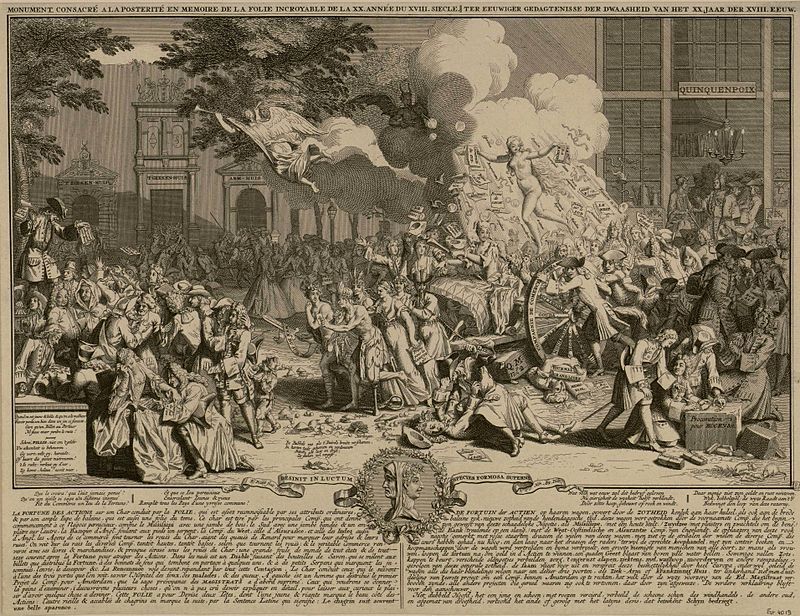This might sound like some sort of weird passive-aggressive attempt by the French to pull one over on the Americans, but this actually happened back when Louisiana (which was much bigger and included areas that are now part of Mississippi) belonged to the French.
In 1716, France was in trouble. The treasury had been exhausted by the long reign of Louis XIV whose wars had all but bankrupted the country. France needed a path forward and reducing spending was not something Louis XIV was willing to consider. So he turned to economist John Law. John Law proposed a new idea in which the national debt was transferred to the Banque Royale in exchange for substantial privileges. John Law’s plan was to repay the debt using profits from his Mississippi Company which hoped to get substantial revenues from the opening up of the Mississippi Valley. His company was granted a monopoly on trade and mineral wealth. On paper the company looked like a guaranteed success, the truth was not quite so easy.
There was a problem, at the time there were only 700 Europeans in Louisiana at the time. If Law was going to get anything out of the territory, he needed more people there to extract the wealth. He started a substantial marketing campaign going as far as to call Louisiana the “Garden of Eden” and that it was a perfect place to live. Despite his efforts, few people volunteered to move to the isolated and sparsely populated colony.
That left John Law with a problem, his large and expensive marketing campaign for Louisiana and by 1718 had only gotten another 800 settlers which was not enough to entice a larger immigration. What he needed was more people in Louisiana in order to give the appearance that the colony was not only prosperous but thriving and somewhere that people wanted to go. He even tried to get the Germans and Swiss to emigrate to Louisiana but they were just as reluctant as the French. So he promised that 6,000 whites and 3,000 Negros were on their way to the new colony.
He was stuck in a bad position where he needed bodies but no one was willing. So he decided to find the people who had no other options and would jump at the chance to live anywhere else than where they were currently living. He preyed upon the lowest of society in order to populate his new colony and get the money he needed to not only pay off the national debt but become wealthy himself.
So he came up with a crazy idea to populate the colony and it did not go over too well with the people that already lived there.

